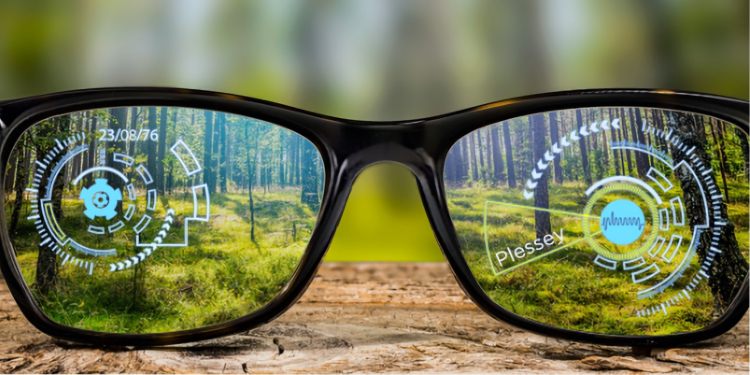While companies such as Nreal are already in the process of releasing consumer AR wearables, Facebook is continuing to work on lightweight AR glasses that can be used for a full day between recharges — a development process that may take years to complete. But one of the key components appears to have come into focus, as U.K.-based display maker Plessey announced today that it’s working with Facebook to create “new technologies for potential use in the AR/VR space,” notably including consumer AR displays.
The deal between Plessey and Facebook isn’t an acquisition, but rather a dedication of Plessey’s LED manufacturing operations to Facebook’s use. Plessey notes that Facebook’s ongoing research efforts and demonstrated success with Oculus Quest make the social networking giant “one of the companies best-positioned to make consumer-ready AR glasses a reality,” and suggests that the manufacturer will focus on prototyping microLED displays to help Facebook develop its next-generation computing platform.
Plessey previously supplied smart glasses maker Vuzix with wearable screens, and has most recently focused on microLED technology, one of several display technologies competing for viability in future AR glasses. Early AR displays have struggled to produce eye-filling, bright, and colorful visuals, instead “augmenting” only a postage stamp-like box within the user’s field of view, but Plessey says its CMOS-based RGB displays combine high pixel density and very high brightness, delivering low power consumption despite high frame rates.
According to earlier reports, Facebook is working on both an all-day AR wearable as its long-term vision — potentially for release between 2023 and 2025 — and an interim alternative that will fill the gap until the complete solution is ready for release. The company is said to be working with glasses maker Luxottica on fashionable frames, and its top researchers expect AR technology to become one of the key transformational technologies of the next 50 years.

